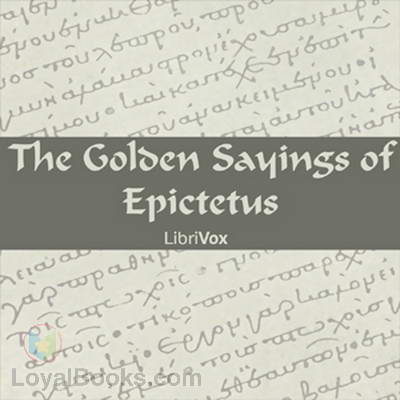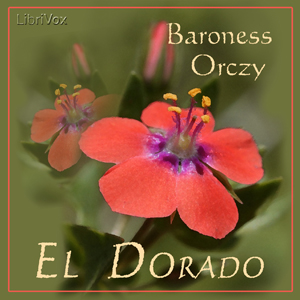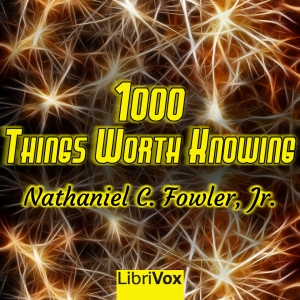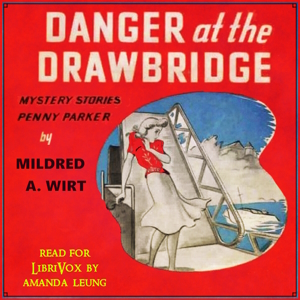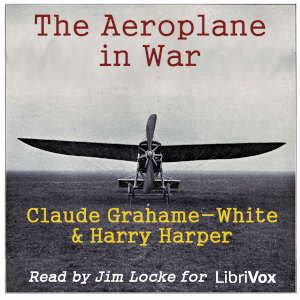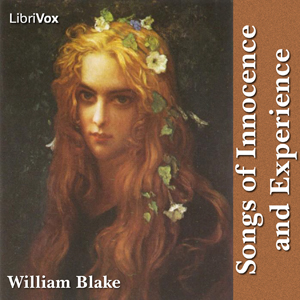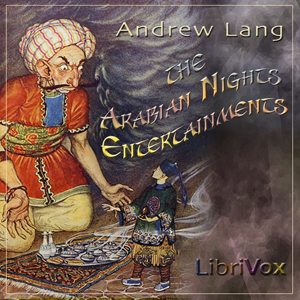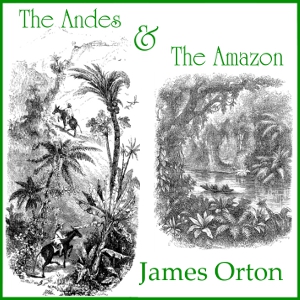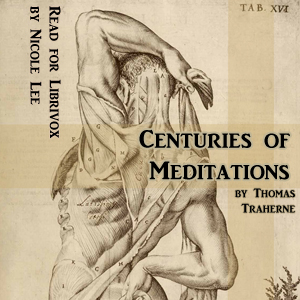Description
By: Romesh C Dutt
“The Mahabharata” by Vyasa, condensed into English verse by Romesh C Dutt, is a truly remarkable literary achievement. Dutt’s skillful rendering of this ancient Indian epic captures the essence of the original tale, while making it accessible to modern readers. The complex web of relationships, moral dilemmas, and epic battles of the Mahabharata are all present in Dutt’s condensed version, allowing readers to immerse themselves in the rich tapestry of this timeless story.
Dutt’s poetic language brings the characters and events of the Mahabharata to life, evoking a sense of grandeur and drama that is both captivating and moving. His concise yet powerful verse captures the essence of each scene, from the noble deeds of heroes like Arjuna and Yudhishthira to the cunning machinations of villains like Duryodhana and Shakuni.
Overall, Dutt’s condensed version of the Mahabharata is a masterful retelling of one of the greatest epics in world literature. It serves as an excellent introduction to this timeless tale for those new to the Mahabharata, while also providing a fresh perspective for readers familiar with the story. I highly recommend this book to anyone interested in immersing themselves in the epic world of ancient India.
Book Description:
The Mahabharata is one of the two major Sanskrit epics of ancient India. Traditionally, the authorship of the Mahabharata is attributed to Vyasa. With more than 74,000 verses, Mahabharata is said to be the longest poem. Mahabharata tells the story of the epic Kurukshetra War and the fates of the cousin brothers Kauravas and the Pandavas. But more than that the Mahabharata contains much philosophical and devotional material, such as a discussion of the four “goals of life” or ‘purusharthas’. The latter are enumerated as dharma (right action), artha (purpose), kama (pleasure), and moksha (liberation). (Introduction by om123)



